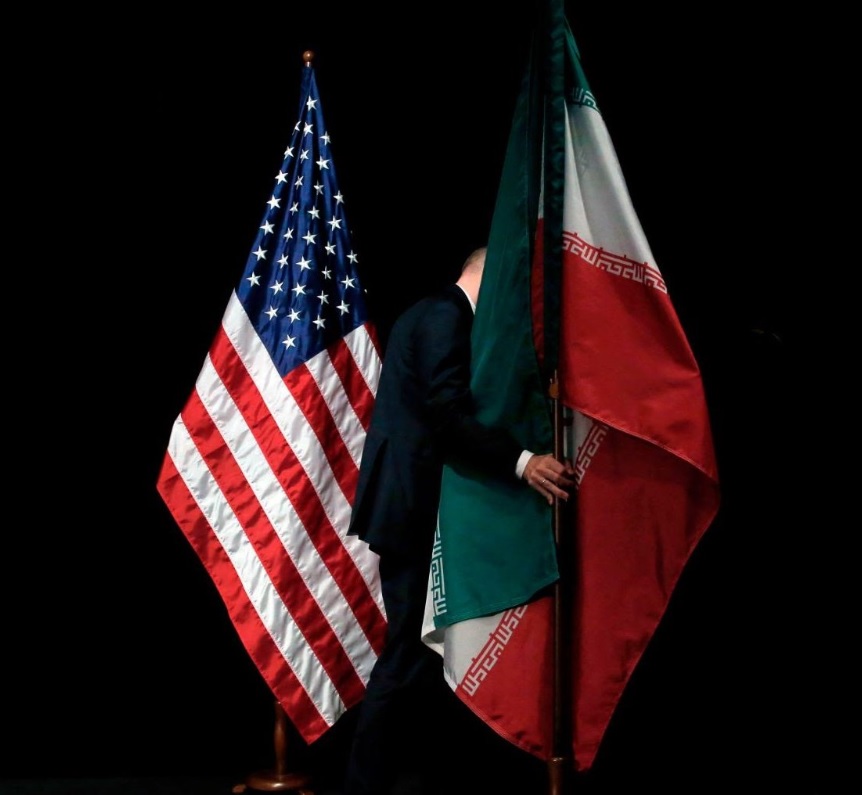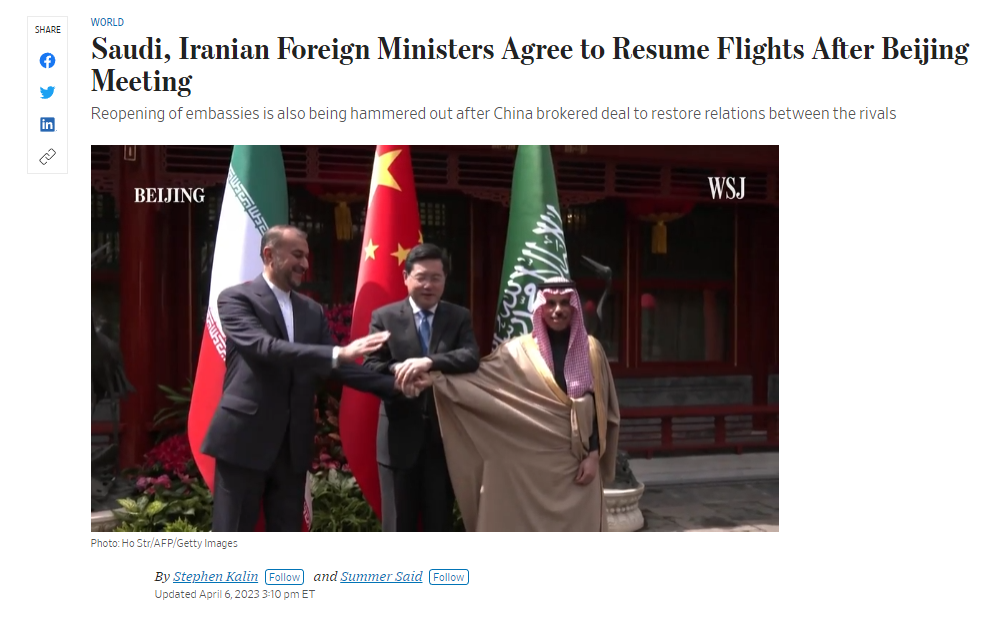
Media Review: The Impossible Defeat.. Why Did 2,700 Israeli Assassinations Fail to Make Israel Secure?
Israel often claims that it carries out assassinations to ensure Israel's security. Since its founding in 1948, Israel has carried out more assassinations than any...


































